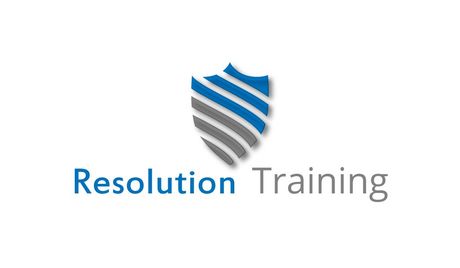Our Services
We offer a variety of courses which are detailed below. However, if you wish to have a bespoke course designed to meet your specific needs, please don’t hesitate to contact us.
De-escalation and Conflict Management training
Workers are facing ever increasing levels of aggression both verbally and physically. There was a shocking 70,555 NHS staff were assaulted in 0800 772 3099, according to NHS Protect figures – up 4% on the previous year and these statistics are from just one employer. Our half day de-escalation and conflict management training is designed to give your staff the knowledge and confidence to reduce the risk of harm to themselves when faced with a potentially violent situation. This course can be combined with our Self Defence/Personal Safety course making it a full days course ensuring that your employees stay as possible. This course will help you ensure you meet your legal responsibilities as an employer. The Health and Safety at Work Act 1974 states:
Contact us
(2)Without prejudice to the generality of an employer’s duty under the preceding subsection, the matters to which that duty extends include in particular
(c)the provision of such information, instruction, training and supervision as is necessary to ensure, so far as is reasonably practicable, the health and safety at work of his employees;
Course objectives:
By the end of the course delegates will be able to:
- Recognise the signs of aggression.
- Know the importance of de-escalation.
- Use communication skills effectively.
- Understand how to defuse a situation with an aggressive person.
- What helps and inhibits communication.
- Demonstrate de-escalation techniques.
- Explain the stages of a violent episode (Kaplan and Wheeler).
- Explain the ‘Batari box’ and how this affects our relationship with an aggressive person.
- Explain the Behavioural Influence Stairway Model (BISM). This model was devised by the FBI to resolve conflict with a person. The model is 90% effective in resolving conflict without using force.
- Consider risks – the factors that should be considered when thinking about personal safety.
- Use the People, Environment and Task (PET) risk assessment method.
- Have improved communication skills when we are dealing with an aggressive person.
- Know how to handle confrontational situations.
- Have a greater awareness of what is situational awareness. How we can improve our situational awareness and what are the barriers to situational awareness. A short video is use to assess the delegates situational awareness.
